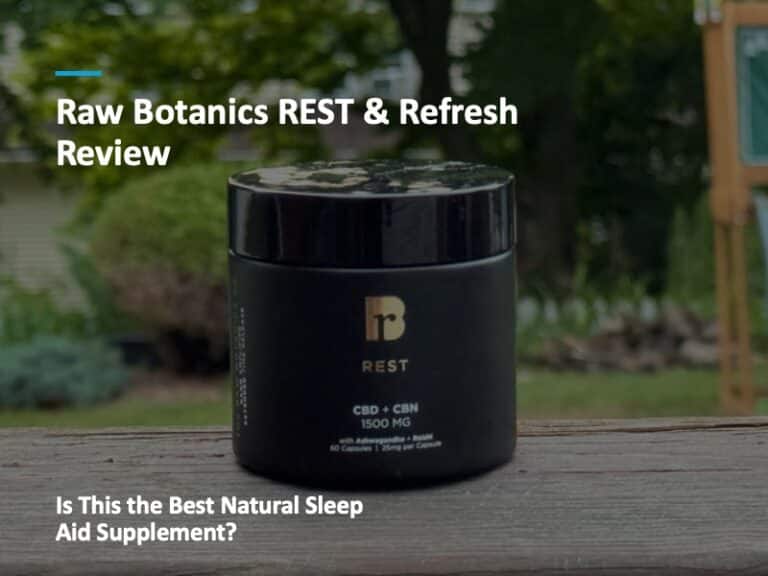Raw Botanics RELAX & Focus Review: Benefits, Uses, Safety
Raw Botanics RELAX & Focus Softgels offer a natural, non-habit-forming approach to stress relief, emotional balance, and cognitive support….
Supplements can support health and fitness but should complement a well-balanced diet, not replace it.
Whole foods provide essential nutrients that supplements cannot fully replicate, making it important to use them strategically.
Evidence-based options like protein powders, omega-3s, vitamin D supplements, and probiotics can fill specific gaps, while athletes may benefit from creatine or pre-workout supplements.
Choosing third-party tested supplements, following proper dosages, and consulting professionals help ensure safe and effective use.
Browse this section to explore the best supplements for optimizing your health and performance!

Raw Botanics RELAX & Focus Softgels offer a natural, non-habit-forming approach to stress relief, emotional balance, and cognitive support….

As a professional basketball player with Tourette syndrome, recovery has always been at the center of my training…

Melatonin plays a crucial role in regulating your body’s natural sleep-wake cycle, and melatonin supplements have become one…

As a professional basketball player, recovery isn’t just a luxury, it’s a necessity. Over the years, I’ve tried…

Although I certainly have enjoyed my experience using Raw Botanics REST & Refresh, before adding Raw Botanics REST &…
End of content
End of content

Want a free eBook?
Subscribe to my newsletter for occasional updates and receive my 60+ page eBook for free!

Want a free eBook?
Subscribe to my newsletter for occasional updates and receive my 60+ page eBook for free!